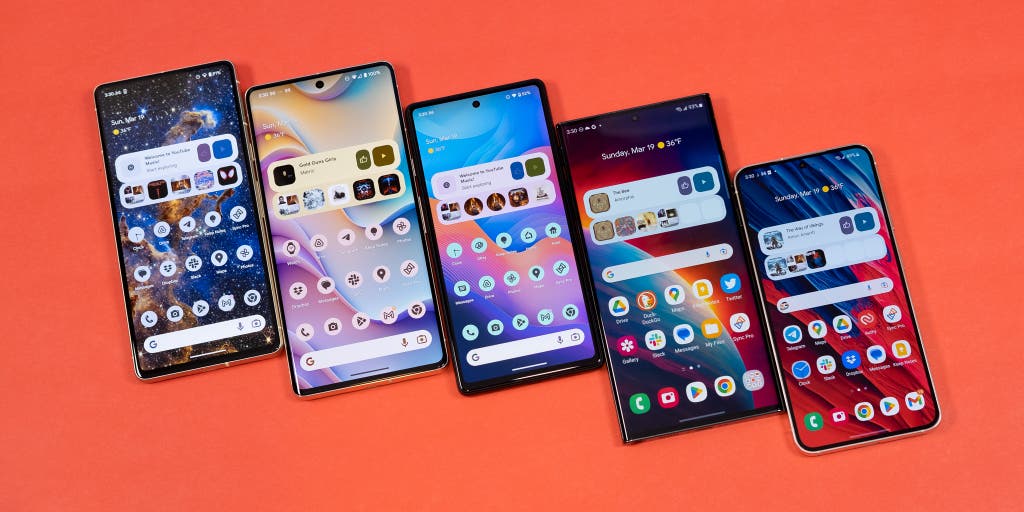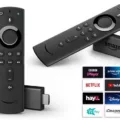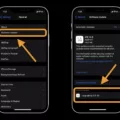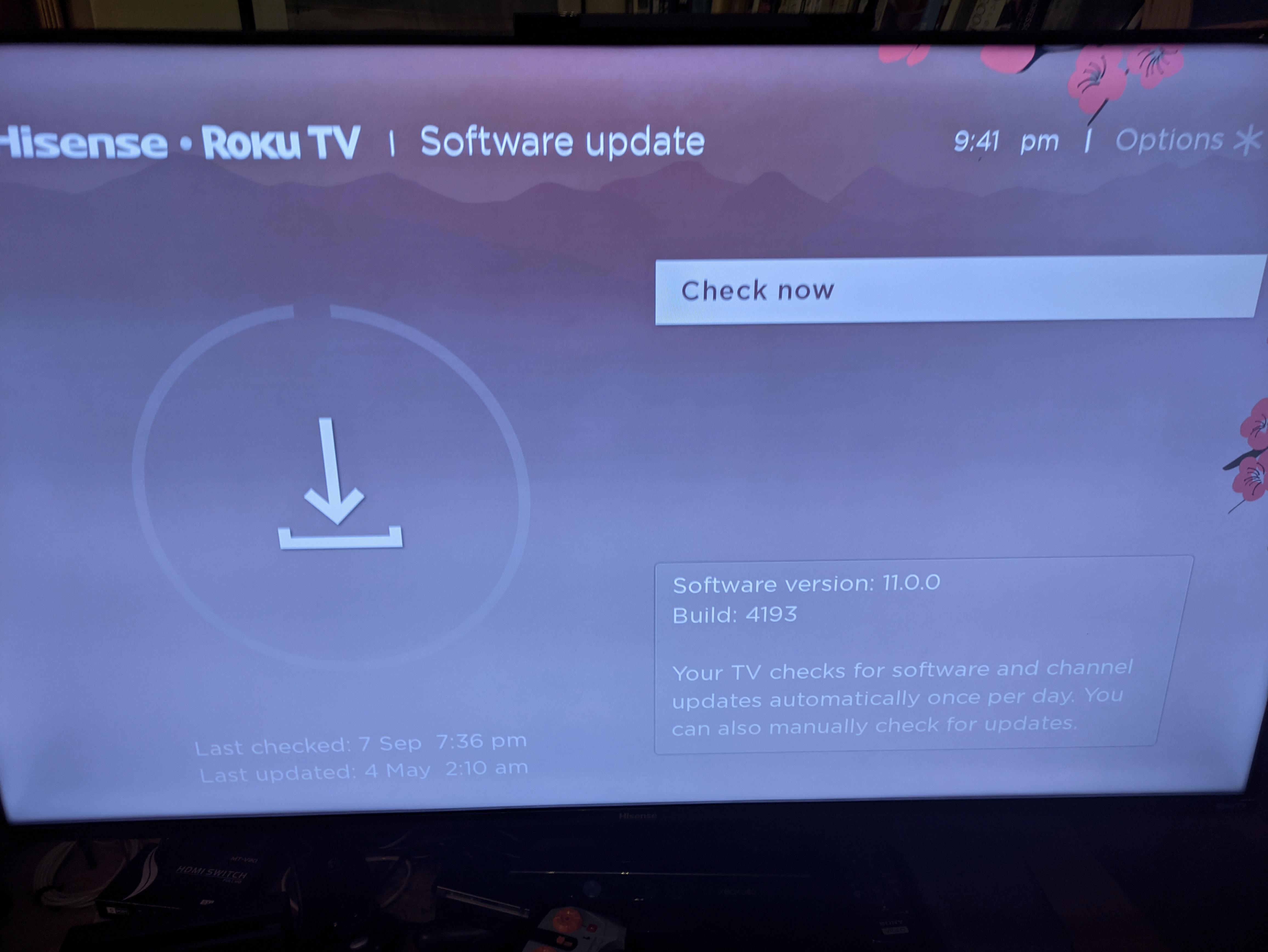Android phones have become an integral part of our daily lives, but how long can we expect them to last before needing a replacement? The answer to this question depends on several factors, including how well you care for your device and the quality of the hardware. In this article, we explore the lifespan of an Android phone and what you can do to extend its life.
The average lifespan of an Android phone is around two to three years. This is due to several reasons, including battery degradation and outdated hardware. Over time, the battery in your phone will start to degrade, leading to shorter battery life and longer charging times. Additionally, as new updates and features are introduced, older devices may no longer receive updates, making them less functional and less secure.
However, this lifespan can vary depending on how well you care for your phone. If you treat your device gently, keep it updated, and avoid overcharging, you may be able to extend its lifespan to four or five years. Regular maintenance, such as cleaning the charging port and keeping your phone in a protective case, can also help keep your device running smoothly.
It’s important to note that some Android phones are built to last longer than others. High-end devices from reputable manufacturers may have a longer lifespan than budget phones or devices from lesser-known brands. Additionally, devices with removable batteries may be easier to maintain and repair, making them last longer in the long run.
So, what can you do when your Android phone starts to show signs of slowing down or becoming outdated? One option is to upgrade to a newer device. Most people upgrade their phones every two to three years, which is usually enough time for tech companies to introduce new features and advancements. However, if you want to extend the life of your current device, there are a few things you can try.
First, consider replacing the battery. Many Android phones have replaceable batteries, and replacing a worn-out battery can significantly improve battery life and overall performance. You can also try resetting your phone to its factory settings or clearing out unnecessary apps and data to free up storage space and improve performance.
The lifespan of an Android phone can vary depending on several factors, including how well you care for your device, the quality of the hardware, and how frequently you upgrade. While most devices last around two to three years, with proper maintenance and care, you may be able to extend the life of your phone to four or five years. If your device starts to show signs of slowing down or becoming outdated, consider replacing the battery or clearing out unnecessary data before upgrading to a newer device.

The Lifespan of an Android Phone
An Android phone can indeed last for 5 years or more if it is well taken care of. However, it is important to note that the lifespan of a phone depends on several factors, such as usage patterns, maintenance, and the quality of the hardware. If you use your phone heavily, for example, by running multiple apps at once or playing graphics-intensive games, it may wear out faster. Similarly, if you drop your phone frequently or expose it to water or other liquids, it may sustain damage that can shorten its lifespan.
On the other hand, if you take good care of your phone, such as by using a protective case, keeping it clean, and avoiding extreme temperatures, it can last for a long time. Some Android devices are built to be particularly durable, with features such as water resistance and shatterproof screens.
It’s worth noting that even if your phone physically lasts for 5 years, it may become outdated in terms of software updates. As new versions of Android are released, older devices may no longer be compatible with the latest features and security patches. This means that even if your phone is technically functional, it may not be able to keep up with the latest apps and services.
While it is possible for an Android phone to last for 5 years or more, it’s important to consider factors such as usage habits, maintenance, and software updates when evaluating the lifespan of your device.

Average Lifespan of an Android Phone
Based on various sources, the average life of an Android phone is estimated to be around 2 to 2.5 years. However, this can vary depending on how well the device is taken care of and how frequently it is used. It’s important to note that the lifespan of an Android phone can also be affected by factors such as the quality of the manufacturing, the phone’s software and hardware, and how often updates are released. Factors such as battery life and charging habits can also play a role in determining the life expectancy of an Android phone. it’s important to take good care of your Android phone in order to maximize its lifespan and get the most out of your investment.
When is the Right Time to Replace an Android Phone?
According to general usage patterns, it is recommended to replace an Android phone every two to three years. The reason for this is that after this time period, the battery life of the phone starts to degrade, and the phone may no longer receive important software updates. Additionally, tech companies tend to introduce new features and advancements within this time frame, which may make upgrading to a newer model more desirable. It is important to note that this timeframe may vary depending on individual usage and needs. However, if you notice that your phone is becoming slower, the battery life is significantly reduced, or it is no longer receiving updates, it may be time to consider replacing your Android phone.
Do Android Phones Have a Limited Lifespan?
Android phones do wear out over time. This is because the components inside the phone, such as the battery, processor, and storage, degrade with use. The battery is a particularly important component to consider, as it can start to lose its capacity and not hold a charge as well as it used to. This can lead to the phone needing to be charged more frequently or not lasting as long on a single charge.
The processor can also start to slow down over time, as it is asked to perform more and more tasks and run more advanced apps. This can lead to slower performance and longer load times for some apps.
Additionally, the storage in a phone can become full over time, which can slow down the phone’s overall performance. This can be remedied by deleting unused apps and files, or by expanding the storage with an external SD card.
It is important to keep in mind that Android phones do wear out over time, and it’s important to consider upgrading to a new phone when these signs of wear and tear become too noticeable.
Conclusion
Android phones can last for a few years if treated well. However, the average lifespan is estimated to be around 2.5 years, with most people upgrading their phones every two to three years. The lifespan of a smartphone largely depends on how it is handled, with batteries degrading over time. Towards the end of its life, a phone may start to show signs of slowing down. It’s important to take note of these signs to prepare for what comes next. It’s also worth noting that Android phones stop receiving updates after a certain period, making it necessary to upgrade to a newer model to keep up with the latest features and security updates. Ultimately, investing in a quality Android phone and taking care of it can extend its lifespan and provide a better user experience.








